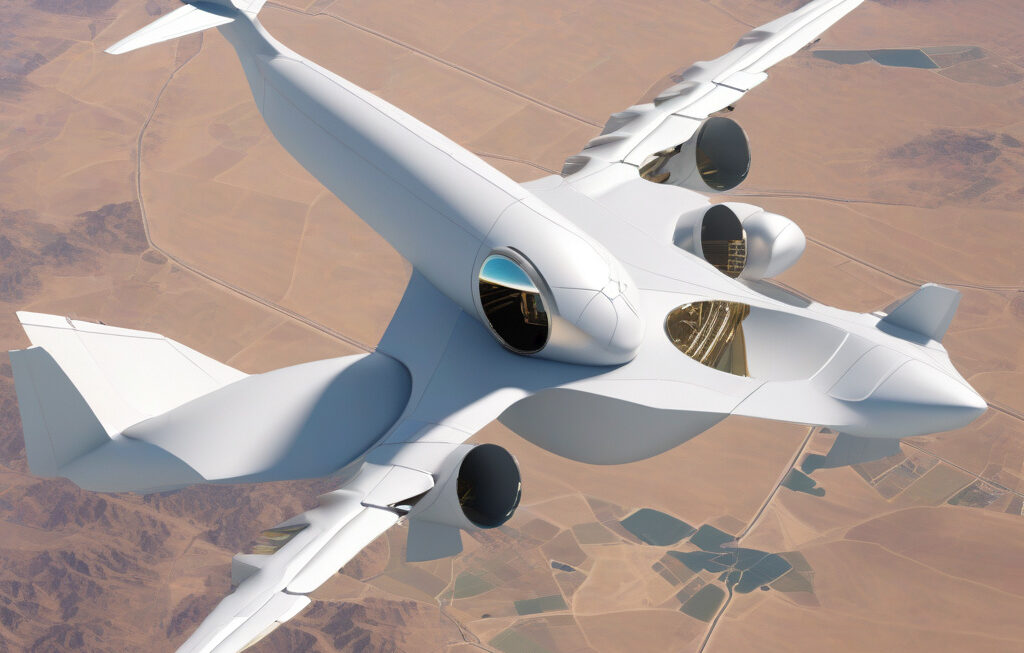World’s First Two-Ton Electric Cargo Aircraft Cuts 10-Hour Trip to Under 1 Hour
China has completed what it calls the world’s first offshore oil-platform cargo mission by a two-ton electric cargo aircraft. This groundbreaking achievement signifies a major leap forward in the realm of electric aviation and has the potential to revolutionize the transportation of goods across vast distances.
The aircraft, developed by the Shanghai-based company YouYou Aeronautics, successfully transported two tons of cargo from Dongjiakou Port in Qingdao to the Dongfang offshore oil platform in the Yellow Sea. What sets this feat apart is not just the weight of the cargo or the distance covered, but the speed and efficiency with which it was accomplished. What used to be a grueling 10-hour journey by boat can now be completed in under 1 hour by air.
The implications of this achievement are significant. Traditional cargo transportation methods, such as ships and trucks, are not only time-consuming but also contribute significantly to carbon emissions. By introducing electric cargo aircraft into the mix, not only can transportation times be drastically reduced, but the environmental impact can also be minimized. This aligns with China’s push towards sustainability and green technology in the aviation sector.
Electric aviation has been a hot topic in recent years, with major players like Boeing and Airbus investing heavily in the development of electric aircraft. However, the successful completion of this cargo mission by YouYou Aeronautics marks a milestone in the practical application of electric aviation technology. It demonstrates that electric aircraft are not just a concept for the future but a viable solution for the present.
The two-ton electric cargo aircraft used in this mission is powered by lithium batteries and has a cruising speed of 180 kilometers per hour. While it may not be as fast as traditional cargo planes, its efficiency and environmental friendliness make it an attractive option for short to medium-haul cargo missions. With advancements in battery technology and aerodynamics, we can expect electric cargo aircraft to become even more competitive in the coming years.
One of the key advantages of electric aircraft is their lower operating costs compared to traditional fuel-powered aircraft. With fewer moving parts and a simpler propulsion system, electric aircraft require less maintenance and have lower fuel costs. This cost-effectiveness, combined with their environmental benefits, makes electric cargo aircraft an appealing choice for companies looking to streamline their logistics operations while reducing their carbon footprint.
As the world continues to grapple with the challenges of climate change and environmental degradation, innovative solutions like electric cargo aircraft offer a glimmer of hope for a more sustainable future. By harnessing the power of clean energy and cutting-edge technology, we can not only improve efficiency and productivity but also protect the planet for future generations.
The successful completion of the world’s first two-ton electric cargo aircraft mission by YouYou Aeronautics is a testament to the ingenuity and perseverance of the human spirit. It serves as a reminder that with determination and innovation, we can overcome even the most daunting challenges. As we look towards a future powered by clean energy and sustainable practices, electric aviation is poised to play a central role in shaping the way we transport goods and people around the globe.
innovations, electric aviation, sustainability, cargo transportation, clean energy











